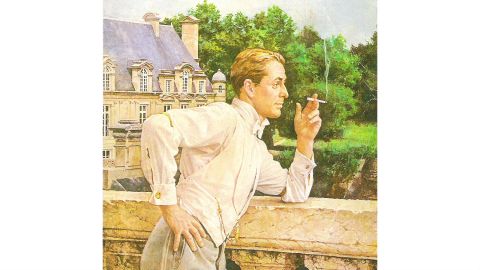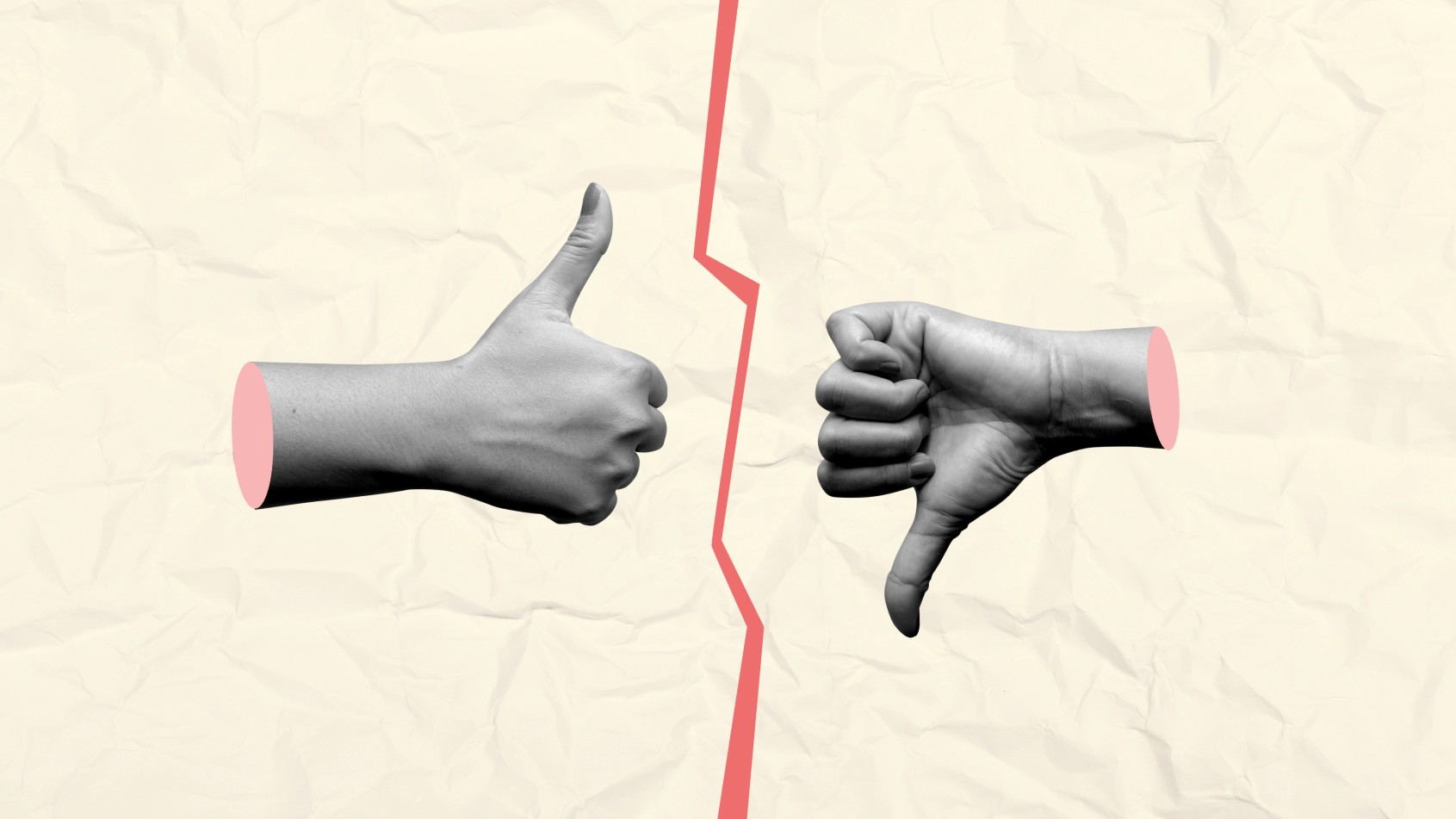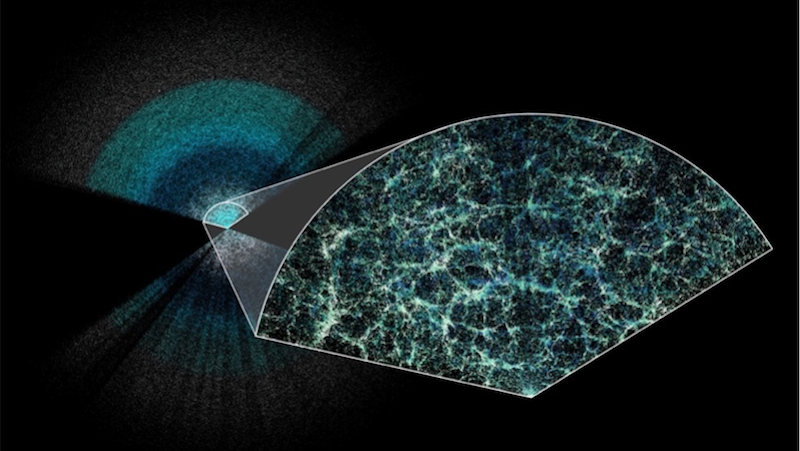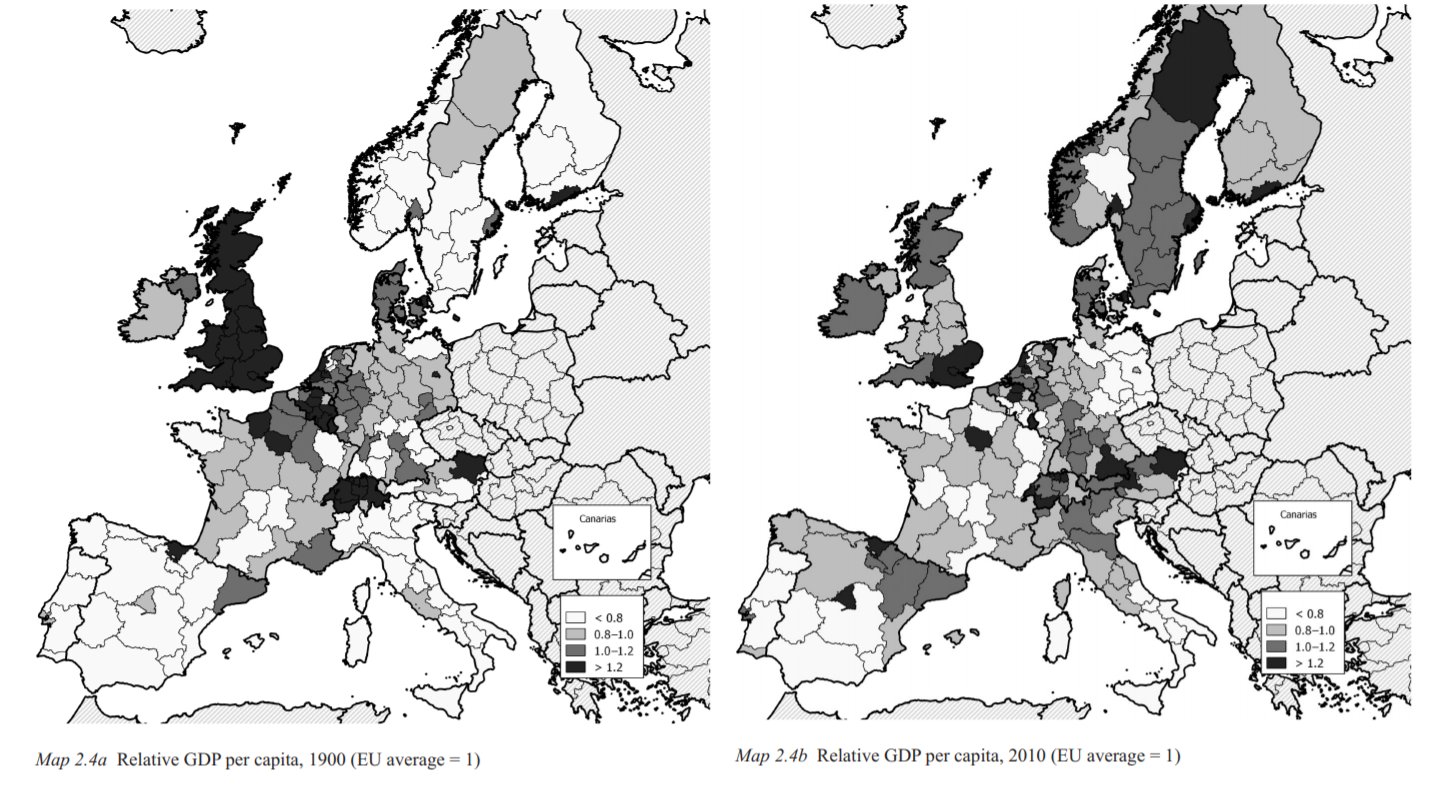Is The Great Gatsby the Most Overrated Literary Novel of All Time?

In the spirit of maintaining an open mind, and in an attempt to purge myself of past prejudices, I will be re-reading The Great Gatsby this weekend.
After all, this is the perfect time of year to read Gatsby, as Big Think blogger Andrea Chalupa pointed out in this recent tribute, noting that the action in F. Scott Fitzgerald’s classic novel both begins and ends in summer. And so it being Memorial Day Weekend, and with Baz Luhrmann’s film adaptation playing at a theater near you, we all have two timely reasons to dust off the old high school edition and pack it into the beach bag.
And yet, there are other, deeper reasons to re-read Gatsby. I say re-read, because I am assuming you, like most of us, first read Gatsby in high school, and you may have only dim recollections about the book.Here’s a quick refresher. You might remember it takes place on Long Island. There’s a mansion with extravagant parties. There’s a love-interest and a sudden, tragic ending involving a car crash and a shooting. You may also remember, as I do, not liking the book very much. You’re not alone.
Here’s Joshua Rothman reviewing Luhrmann’s film adaptation in The New Yorker: “Baz Luhrmann’s “The Great Gatsby” is lurid, shallow, glamorous, trashy, tasteless, seductive, sentimental, aloof, and artificial. It’s an excellent adaptation, in other words, of F. Scott Fitzgerald’s melodramatic American classic.”
Call it The Great Great Gatsby debate: some critics dismiss the book as a celebration of a shallow, money-obsessed culture, while Gatsby-boosters are quick to point out that through his narrator, Nick Carraway, Fitzgerald manages to maintain critical distance. Both views, I think, are partially correct, but they still only scratch the surface of my Gatsby aversion, a deep-seated disdain that is hard to pinpoint precisely (I believe Fitzgerald possessed, in Lionel Trilling’s phrase, “a taste for the aristocracy,” a quintessentially American characteristic that I don’t begrudge him, but I also see no sort of Balzacian social consciousness or Shakespearean disinterestedness in Gatsby).
So what’s my ultimate beef with Gatsby?
For those of us who dislike Gatsby, perhaps it stems from reading the book as rebellious high school students who rejected it then because we didn’t like anything that was force-fed to us. Indeed, Gatsby is one of those rare books that is considered sacrosanct in a culture where books are “borderline irrelevant,” as 5-time Gatsby reader/sufferer Kathryn Schulz astutely notes. And yet, Gatsby somehow occupies a kind of hallowed ground as the crowd-pleasing “great American novel,” which only serves to further annoys us, prompting satirical backlash like this:
“You’ve read through all of F. Scott Fitzgerald’s books/ You’re very well read, it’s well known/” sings Gatsby-hater (I’m guessing) Bob Dylan in “Ballad of a Thin Man.” In the song, Dylan’s anti-hero “Mr. Jones” is completely out of touch with the world, in large part, it appears, due to his over-reliance on the shallow musings of Fitzgerald, an author who represents the cultural epitome of what it means to be “well-read.” Unfortunately for Mr. Jones, Fitzgerald’s books leave him unequipped to deal with life’s deeper mysteries. “Because something’s happening here and you don’t know what it is/ Do you, Mr. Jones?”
Dylan was certainly not alone with his implied scorn. When I turned to my colleague Jason Gots for feedback, he was initially generous in his assessment of Gatsby. One might argue that Gatsby is “a relatively early modern American novel and only seems jejune in retrospect,” Jason said. However, “given that Ulysses was published three years earlier, Gatsby is inexcusable.” Ouch.
And yet, while Fitzgerald can’t touch Joyce in terms of innovative literary technique, we would do well to assess him on his own terms, just as we would with another of his contemporary literary superiors, Hemingway.
While Lionel Trilling doubted the staying power of Gatsby in his great work, The Liberal Imagination, the great critic also offered copious praise when it came to Fitzgerald’s writing style. In his mature works such as Gatsby, Fitzgerald had found “the ideal voice of the novelist.”
I disagree, but surely you’ve heard enough of my Gatsby-bashing for the moment. So let us return to (and borrow from again) Andrea Chalupa’s post: “Every writer should own a copy of F. Scott Fitzgerald On Writing; better yet, write out the entire novel of The Great Gatsby, like Hunter S. Thompson did to learn what beautiful writing felt like. Then, get Trimalchio, an early version, to read all the fat Fitzgerald cut.”
There is much to be appreciated here. Consider that the novelist Thomas Wolfe was blessed to have a great editor in Maxwell Perkins, or that Jack Kerouac claimed On the Road was “dictated by the Holy Spirit! It doesn’t need editing!” Critics point to Fitzgerald’s effort, on the other hand, as an exemplary exercise in self-discipline. Creating great art is not easy. As Fitzgerald remarked, “what I cut out of it [The Great Gatsby] both physically and emotionally would make another novel!”
Indeed, I do appreciate the leanness of Gatsby, which will make it an easily manageable 150-page beach read, and I thank Fitzgerald for that. In other words, if we might turn our scorn into pity and consider Gatsby on its own terms, we might all benefit from proper expectations. After all, consider the opening lines of the novel:
In my younger and more vulnerable years my father gave me some advice that I’ve been turning over in my mind ever since. “Whenever you feel like criticizing any one,” he told me, “just remember that all the people in this world haven’t had the advantages that you’ve had.”
That’s good advice. And so, in respect to issuing measured judgment, perhaps we should not consider Gatsby as the most overrated literary novel of all time. As Jason Gots quite rightly points out, Gatsby is “totally acceptable as a minor, artsy romance.” So why not read it that way? I think I will. See you at the beach!
Austin Allen, who loves Gatsby, has promised a spirited response to this post after the weekend. In the meantime, please take our Gatsby challenge, and re-read the book that may have contributed to, or possibly helped to have relieved, your emotional anguish as a teenager. And please don’t hesitate to let us know how you feel in the comments below.
Image courtesy of Shutterstock.





